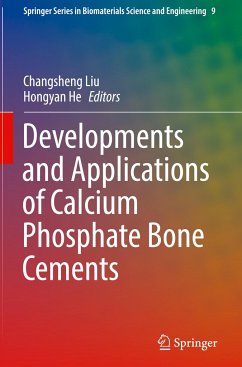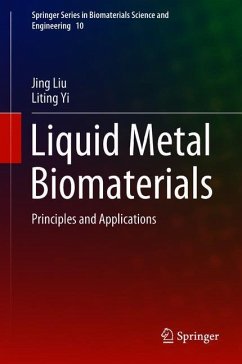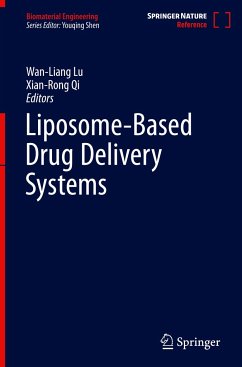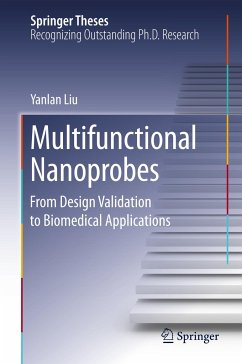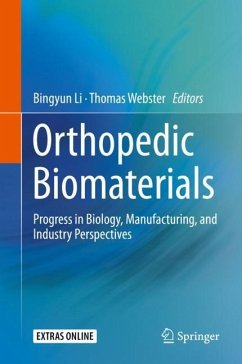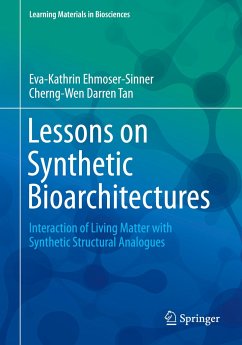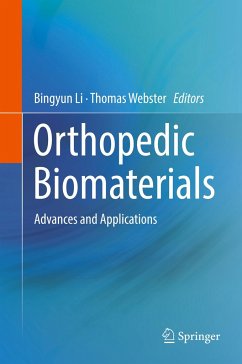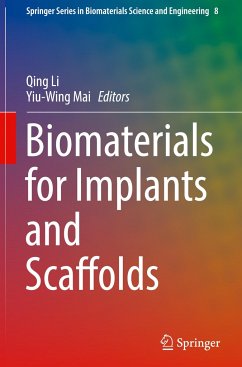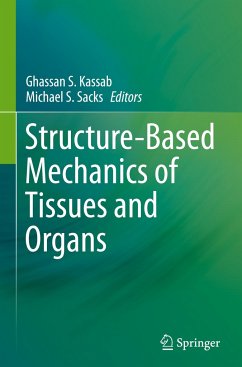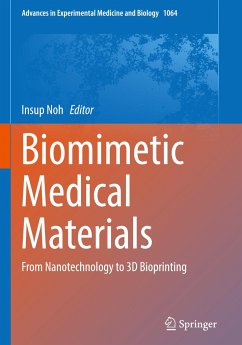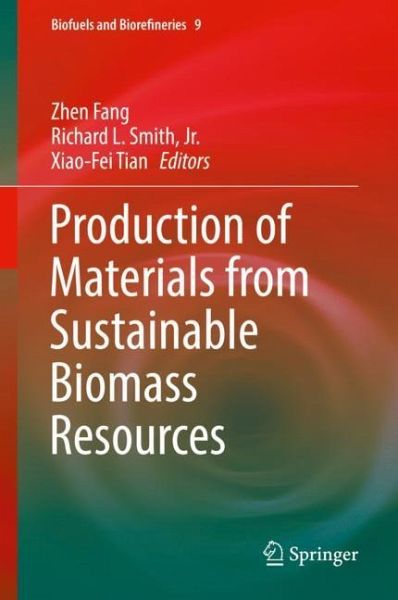
Production of Materials from Sustainable Biomass Resources

PAYBACK Punkte
65 °P sammeln!
This book presents a collection of studies on state-of-art techniques developed specifically for lignocellulose component derivation, and for the production of functional materials, composite polymers, carbonaceous biocatalysts, and pellets from lignocellulosic biomass, with an emphasis on using sustainable chemistry and engineering to develop innovative materials and fuels for practical application. Technological strategies for the physical processing or biological conversion of biomass for material production are also presented. All chapters were contributed by respected experts in the field...
This book presents a collection of studies on state-of-art techniques developed specifically for lignocellulose component derivation, and for the production of functional materials, composite polymers, carbonaceous biocatalysts, and pellets from lignocellulosic biomass, with an emphasis on using sustainable chemistry and engineering to develop innovative materials and fuels for practical application. Technological strategies for the physical processing or biological conversion of biomass for material production are also presented. All chapters were contributed by respected experts in the field from around the globe, providing a broad range of perspectives on cutting-edge applications.
The book offers an ideal reference guide for academic researchers and industrial engineers in the fields of natural renewable materials, biorefinery of lignocellulose, biofuels and environmental engineering. It can also be used as a comprehensive reference source for university students inchemical engineering, material science and environmental engineering.
The book offers an ideal reference guide for academic researchers and industrial engineers in the fields of natural renewable materials, biorefinery of lignocellulose, biofuels and environmental engineering. It can also be used as a comprehensive reference source for university students inchemical engineering, material science and environmental engineering.





